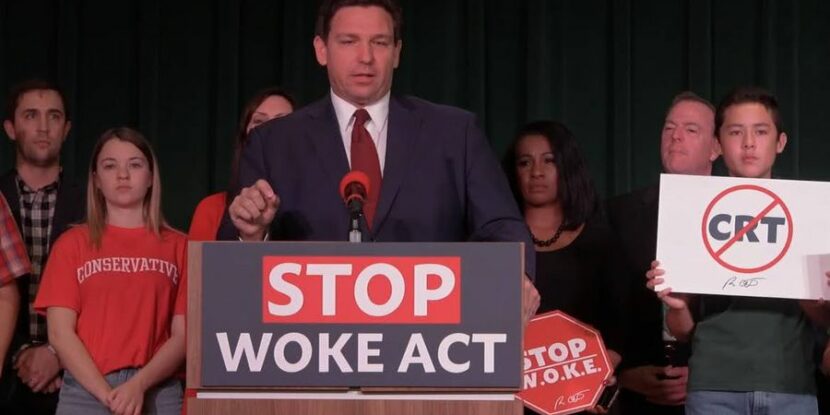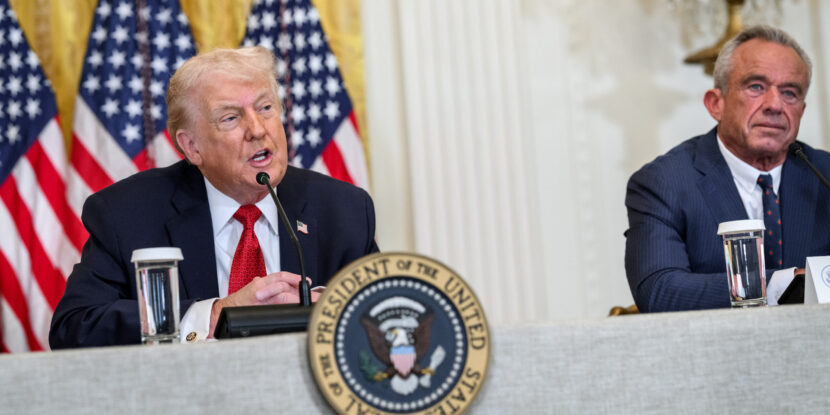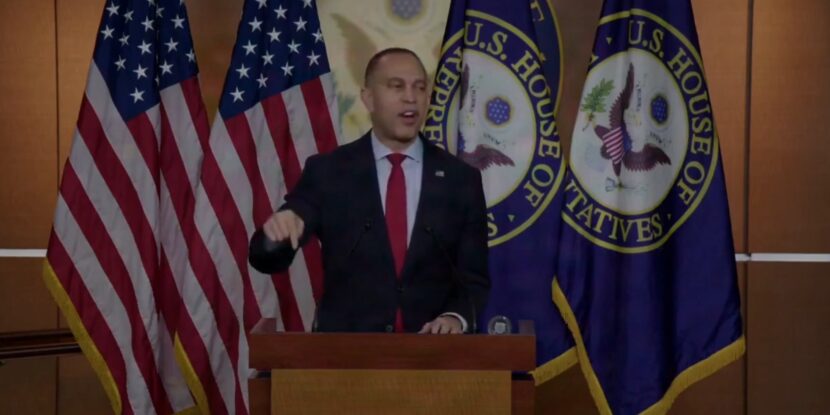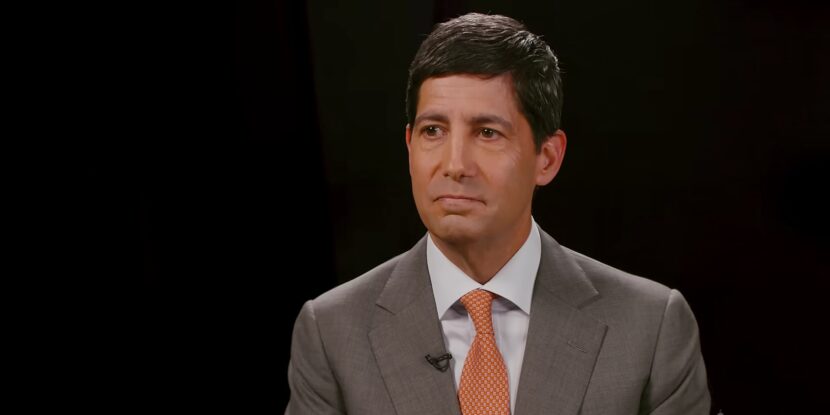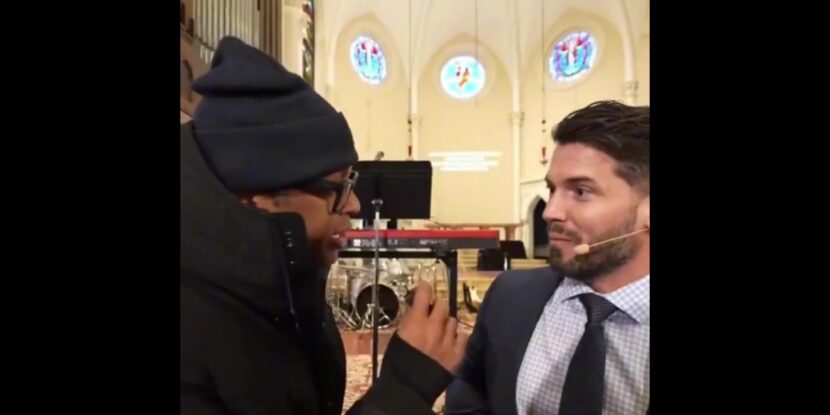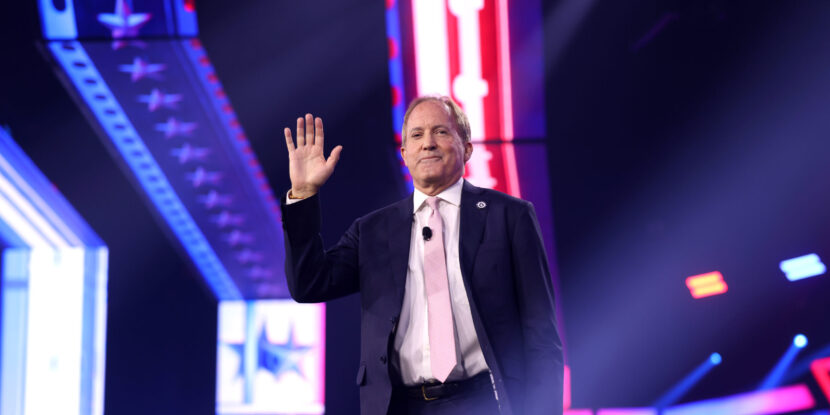Republican presidential candidates at the Iowa State Fair last week barely mentioned the term “woke,” signaling a possible shift in their messaging strategy since Florida Governor Ron DeSantis oversaturated his campaign with the word, early on.
Former South Carolina Gov. Nikki Haley, tech entrepreneur Vivek Ramaswamy, and indeed DeSantis, who once heavily criticized wokeness, downplayed their use of the term in their speeches, with voters suggesting the phrase, alongside “mind virus” is both vague and a second tier concern in the upcoming election.
Polling suggests Republican voters are more responsive to bread-and-butter issues like tax cuts and crime reduction.
Iowa voters in attendance had mixed views on the matter, with some expressing concern over the infusion of left-wing ideology into public life, and wokeness described as anger, dishonesty, and an attempt to change the face of America. The definition of woke varies, however, from person to person. Polling showed only a quarter of respondents preferred a candidate focused on combating woke ideology, with a majority favoring a candidate who emphasizes law and order.
Candidates such as DeSantis and Ramaswamy have altered their messaging to address broader themes related to parental decision-making rather than using the buzzword “woke.” These candidates are still discussing anti-woke themes; they have just moved away from explicit usage of the term. The shift in messaging reflects a response to changing public perception and a desire to connect with Republican voters on a broader range of issues.
